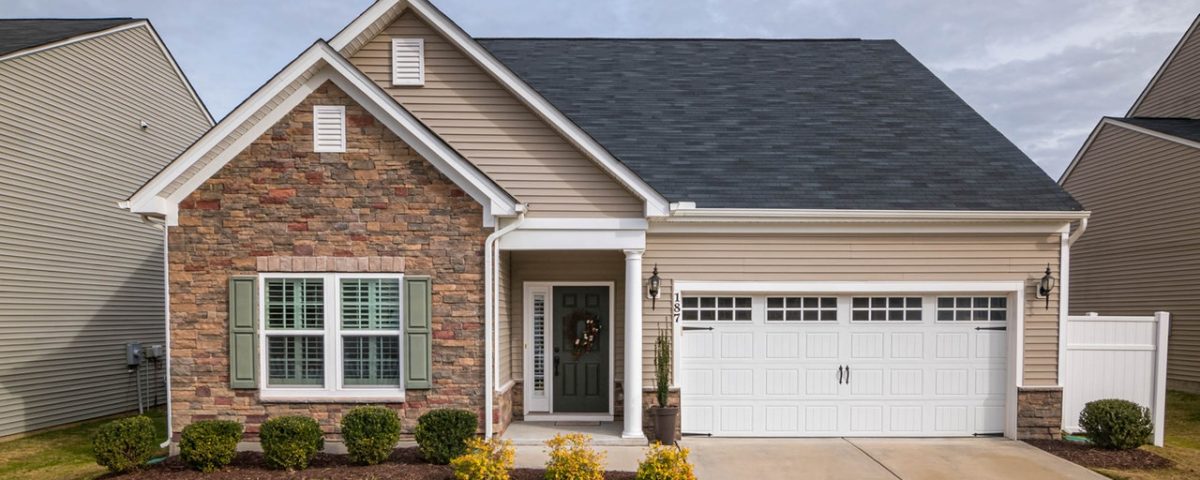HOA rules In Charlotte
Homeowners Associations have strict rules and regulations that community members must abide by, these restrictions are the way board members keep the community safe and beautiful for everyone.
No matter which neighborhood Charlotte residents choose to live in, many decide to live in communities run by a homeowner’s association.
The benefits of living in a homeowners association are abundant.
Homes within a homeowners association typically maintain higher property values, have access to suitable amenities, and allow homeowners to feel a sense of community.
They are run by a board of directions that help to oversee the communities day to day operations.
Homeowners associations in North Carolina are governed by many federal laws as well as state statutes. Each of these is dependent on the association’s structure and how active the community is within the association.
Federal and state statutes directly affect Charlotte HOA rules and regulations. The Planned Community Acts as well as the Condominium Association Act can all have an impact on how Charlotte homeowners associations are run.
PLANNED COMMUNITY ACT
North Carolina’s Planned Community Act controls the operation, powers, management, and formations of all HOAs.
The NCPCA is the specific law that covers every homeowners association in the state of North Carolina, including Charlotte communities.
While the NCPCA is the law covering all HOAs, certain provisions fall under the association and not the Planned Community Act; unless of course they come in direct noncompliance with NCPCA statutes.
The provisions that fall under the association’s jurisdiction include: community upkeep, association powers, interpreting a declaration, assessments, fines and suspensions, and display of political flags and signs.
CONDOMINIUM ACT
The North Carolina Condominium Act (NCCA) follows the same guidelines as the NCPCA. Unless the association’s bylaws are in direct noncompliance with the NCCA, most provisions fall under the association’s bylaws.
HOA RULES IN CHARLOTTE
Charlotte communities are created through the recording of a community declaration within Mecklenburg County. The community is then slated as a non-profit organization that consists of all lot owners.
Many may not be aware, but homeowners associations fall into the non-profit sector.
Because homeowners associations are often classified as non-profits, the non-profit status will typically be written into the bylaws of the community, especially with all matters pertaining to funding and spending.
Because homeowners associations are considered non-profits, they must abide by all federal and state laws regarding their organization.
The powers reserved to the community are meant to act on behalf of the lot owners (homeowners) through the community’s declaration of covenants.
Homeowners within the community are bound by law to comply with the declarations set in place. North Carolina treats this relationship as a contact between the homeowners and the association, which has legal authority.
Upon the organization of the associations, the declaration of covenants as well as any bylaws are recorded with the Secretary of State. The legal documents shared with the state is what allows the association to have legal authority over the association members.
Unless community declarations are in direct violation of the North Carolina Planned Community Act (NCPCA) or another state statute, associations have the legal power to enforce their governing documents. That being said, Charlotte HOAs have the authority to institute legal proceedings in order to enforce their governing documents.
Each association within a North Carolina community is run by a “board of directors.”
This board serves to enforce the community declarations on behalf of the association.
These members are elected via association members through the association and the NCPCA bylaws.
The association’s bylaws will lay out the terms of office, manner of elections, qualifications, and powers of the board. Board members have a legal obligation to act in good faith as well as avoid conflicts of interest while serving their community.
Unless stated in the association’s bylaws, board members cannot be paid or receive any “in-kind exchanges” for their service.
LIMITATIONS ON POWERS
In general, the association’s declaration, bylaws and articles of incorporation can act independently unless in conflict with the NCPCA or the NCCA.
All of the governing documents of an association are enforceable by the association, and no outside authority is required to authorize the board to take action.
This means, if an association member is noncompliant with the association’s rules and regulations, the board can take direct legal action without authorization from the state.
That being said, the board cannot just act in any manner which they deem fit. Their actions must be in accordance with the association’s community governing documents.
Board members cannot assume powers that aren’t granted to them under the association bylaws or under the NCPCA. Furthermore, an association’s governing documents may actually restrict the power of board members in certain situations.
Regardless of what is outlined in the association’s bylaws and governing documents, all associations must comply with all federal and state regulations.
These regulations included but are not limited to the American with Disabilities Act (ADA), Fair Debt Collection Practices Act (FDCPA), Federal Fair Housing Act (FHA), the North Carolina Fair Housing Act (NCFHA), and other corresponding statutes of North Carolina.
In summary, the HOA rules in Charlotte communities can vary, but all share the same foundation.
Every community must be in compliance with federal and state statutes and must not be in non-compliance with the NCPCA or the NCCA.
As long as the covenants and bylaws of an association do not go against the aforementioned, Charlotte HOA’s rules and regulations can be unique to the community.
William Douglas Management Company offers professional HOA management services that handle all aspects of running a homeowners association.
We work endlessly to ensure each of the communities we serve reaches its full potential and association members are satisfied with and in compliance with all relevant rules and regulations. If you’re interested in Charlotte HOA management services, reach out to us today!


